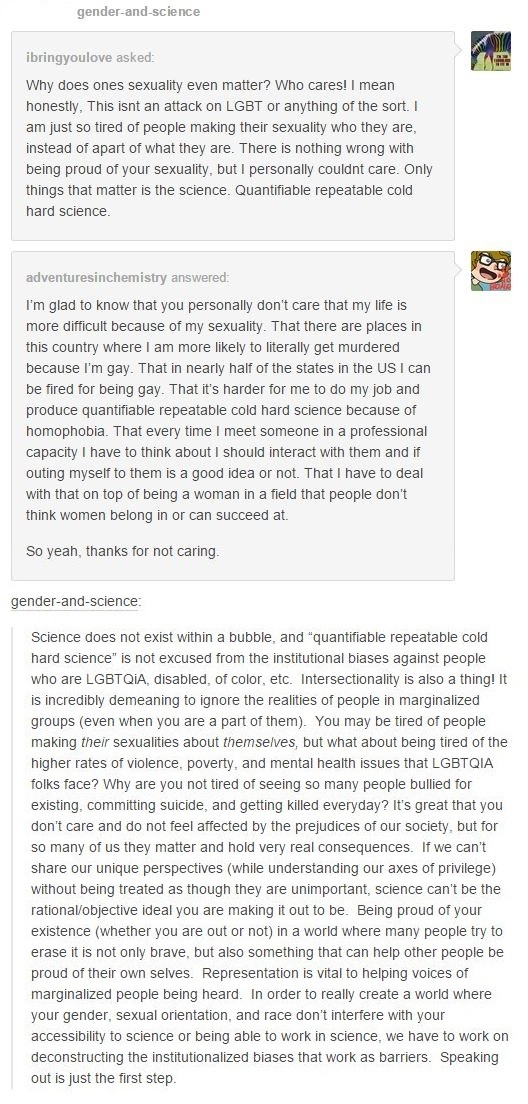*third culture kid – a kid who has grown up in one or more countries that have a different culture to those of their parents… ish. Feel free to supplement with your own thoughts.
I occasionally wonder if I embrace immersing myself into a new group of people too readily. My own experiences as a TCK – and bearing in mind I did a lot of my moving as a tween and teen, when you swam against the tide at your own risk – was “adaptation as survival”, with a side of defining myself as a bit odd and not too serious a person, since if I was already a bit odd, people had nowhere to go if they wanted to call me (their version of) “odd.”
As a grown-up, I have become aware that I still subscribe to these ideas in situations where I find myself the lone person, or one of few people, as a newbie in a group. Eg an office. But because I have an ingrained mental algorithm of how to engage with a new group, and automatically map the mannerisms of my new crew onto what I habitually do, it has occurred to me that people may not like me getting comfortable so fast, especially if they have kindly mentally geared up to welcome a new person into the group. (Or they simply are a person who needs warming up.) And for some younger colleagues, they may wonder why an older person isn’t particularly set in their ways.
I admit that I have gradually grown to feeling less like I want to change my ways. Perhaps because I already have used up so many of my ration of changes when I was younger? But I think I always will feel a duty to contribute to the wellbeing of any group I become part of, even if that involves more adaptation. What I am happy to have grown away from though, is apologising or disclaimering my own identity. I fully stand for who I am, warts and all.


